Bo Yang


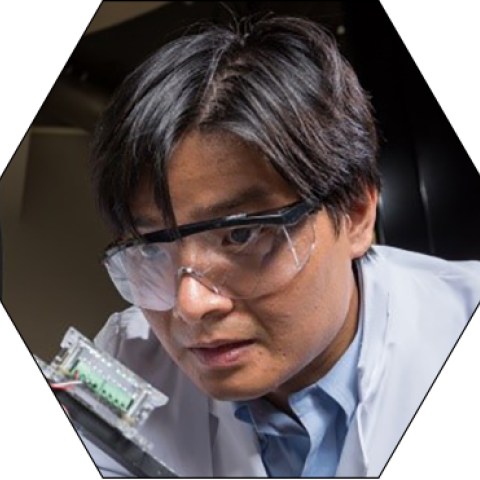
Xia began at Georgia Tech in Fall 2011. Prior to joining Georgia Tech, he was a postdoctoral researcher at the Graduate Aerospace Laboratories of the California Institute of Technology (CALCIT).
micro and nanomechanics; Energy Conversion; Energy Storage; Ferroelectronic Materials; fracture and fatigue
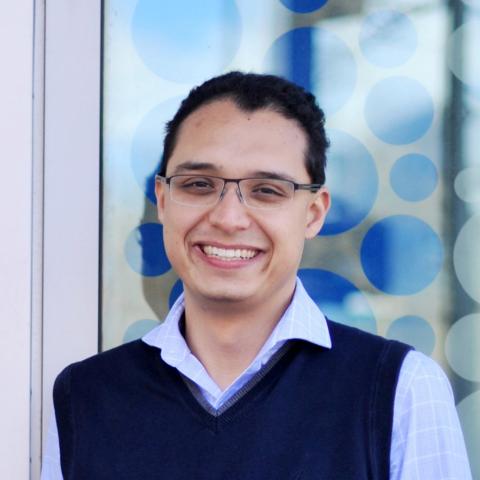
Dr. Wood completed his graduate training at the Massachusetts Institute of Technology. While there he worked under the guidance of Drs. H. Harry Asada and Roger Kamm to develop and use microfluidics to identify mechanisms governing vascular geometry.
During his postdoc, Dr. Wood worked under Dr. Kevin Haigis (Beth Israel Deaconess Medical Center and Harvard Medical School) and Dr. Douglas Lauffenburger (Massachusetts Institute of Technology) to use systems biology to identify novel signaling mechanisms driving neuronal death in Alzheimer's disease and epithelial cell death during intestinal inflammation.
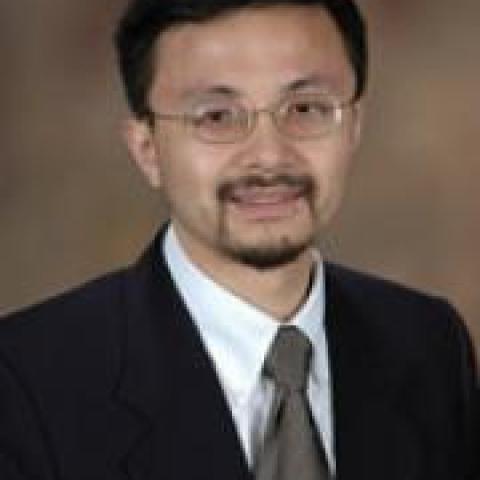
Wang's research is in the areas of design, manufacturing, and Integrated computational materials engineering. He is interested in computer-aided design, geometric modeling and processing, computer-aided manufacturing, multiscale simulation, and uncertainty quantification.
Currently, Wang studies integrated product-materials design and manufacturing process design, where process-structure-property relationships are established with physics-based data-driven approaches for design optimization. The Multiscale Systems Engineering research group led by him develops new methodologies and computational schemes to solve the technical challenges of high dimensionality, high complexity, and uncertainty associated with product, process, and systems design at multiple length and time scales.
Computational design tools for multiscale systems with sizes ranging from nanometers to kilometers will be indispensable for engineers' daily work in the near future. The research mission of the Multiscale Systems Engineering group is to create new modeling and simulation mechanisms and tools with underlying scientific rigor that are suitable for multiscale systems engineering for better and faster product innovation. Our education mission is to train engineers of the future to gain necessary knowledge as well as analytical, computational, communication, and self-learning skills for future work in a collaborative environment as knowledge creators and integrators.
Computer-aided engineering and design and manufacturing, modeling and simulation, nanoscale cad/cam/cae, product lifecycle management, applied algorithms, uncertainty modeling, multiscale modeling, materials design
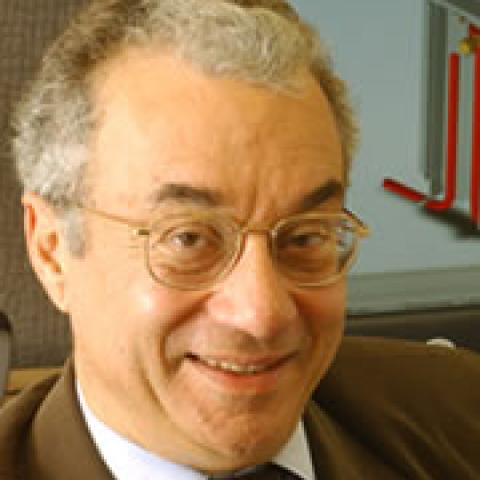
Having retired as Vice Provost, Dr. Vito is a Professor Emeritus of Mechanical Engineering and currently works part-time. He was one of the founders of The InVenture Prize and has been pivotal in the creation, development, evolution and delivery of the CREATE-X program. His startup expertise is in the area of medical devices, an area where he has conducted research and holds several patents.
Dr. Vito began his research career in nonlinear vibrations but switched within two years of receiving his Ph.D. to biomechanics, especially soft tissue mechanics. He began at Tech in 1974 as an Assistant Professor. Prior, he was a Postdoctoral Fellow at McMaster University, Canada.
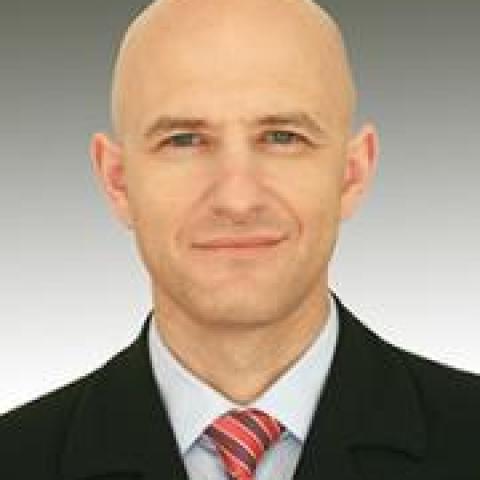
Dr. Varenberg’s research area is Tribology – the science and technology of interacting surfaces that allow for game-changing advancements ranging from making fire and inventing wheel in the past, to enabling human joint replacement in the present. Dr. Varenberg’s main focus is on bionic tribology and green tribology, but, to enhance the public’s interest in tribology science, he also seeks to uncover tribology from daily life, with examples of works on safety razors and table tennis paddles.
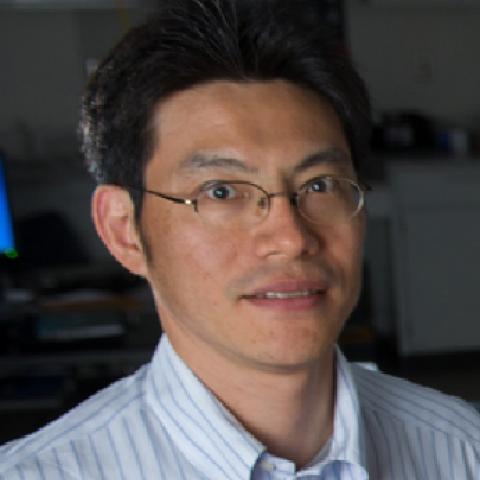
Jun Ueda received his B.S., M.S., and Ph.D. degrees from Kyoto University, Japan, in 1994, 1996, and 2002 all in Mechanical Engineering. From 1996 to 2000, he was a Research Engineer at the Advanced Technology Research and Development Center, Mitsubishi Electric Corporation, Japan. He was an Assistant Professor of Nara Institute of Science and Technology, Japan, from 2002 to 2008. During 2005-2008, he was a visiting scholar and lecturer in the Department of Mechanical Engineering, Massachusetts Institute of Technology. He joined the G. W. Woodruff School of Mechanical Engineering at the Georgia Institute of Technology as an Assistant Professor in 2008 where he is currently a Professor. He received Fanuc FA Robot Foundation Best Paper Award in 2005, IEEE Robotics and Automation Society Early Academic Career Award in 2009, Advanced Robotics Best Paper Award in 2015, and Nagamori Award in 2021.
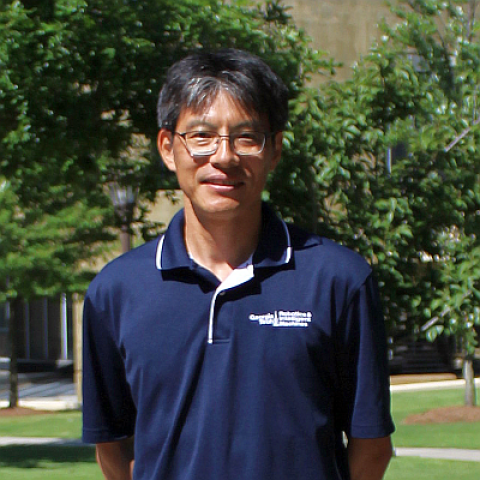
Jun Ueda joined Georgia Tech in May 2008 as Assistant Professor. Before Georgia Tech, he was a Visiting Scholar and Lecturer at MIT, where he worked on the development and control of cellular actuators inspired by biological muscle. He developed compliant, large strain piezoelectric actuators and a robust control method called stochastic broadcast feedback. From 2002-2008 he was Assistant Professor at Nara Institute of Science and Technology in Japan, where he led a research group dedicated to dynamics and control in robotics, such as robot hand manipulation, tactile sensing, and power-assisting. From 1996 to 2002 and prior to obtaining his Ph.D, he worked at the Advanced Technology R&D Center of Mitsubishi Electric Corporation in Japan. Here he was involved in a variety of activities including disk drives, machine tools, and satellite tracking antennas. His Ph.D. work at Kyoto University was on the end-point control of a robot manipulator mounted on a non-rigid base. He studied feedback control robustness in terms of the coupling of the arm and base dynamics.
Automation & Mechatronics; Bioengineering
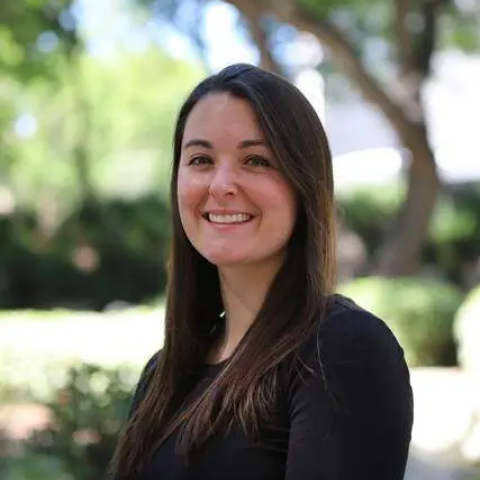
Maegan received her Ph.D. in Mechanical Engineering (ME) from the California Institute of Technology (Caltech) in May 2023. Prior, she also received a M.S. in ME from Caltech in 2019 and a B.S. in ME from Georgia Tech in 2017. After graduating with her Ph.D., Maegan conducted a brief postdoc at Caltech (May–August 2023), followed by a brief research position at Disney Research (September–December 2023). Generally speaking, her research interests lie at the intersection of control theory and human-robot interaction, with specific applications towards lower-limb assistive devices. Much of her research is centered around the question: “What is the right way to walk?”. In her free time, Maegan enjoys puzzles, playing video games, and the piano.
Maegan Tucker joined Georgia Tech as an assistant professor with joint appointments in the School of Electrical & Computer Engineering and the School of Mechanical Engineering in January 2024.
Lower-Body Assistive Devices Bipedal Locomotion Nonlinear Control Theory Human-Robot Interaction Preference-Based Learning Human Biomechanics
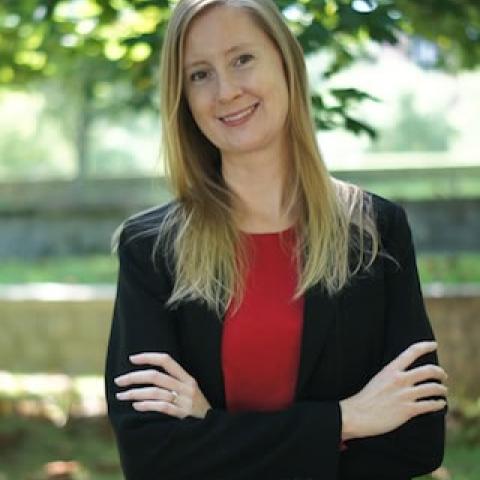
Susan Napier Thomas holds the Woodruff Professorship and is a Professor (full) with tenure of Mechanical Engineering in the Parker H. Petit Institute of Bioengineering and Bioscience at the Georgia Institute of Technology where she holds adjunct appointments in Biomedical Engineering and Biological Science and is a member of the Winship Cancer Institute of Emory University. Prior to this appointment, she was a Whitaker postdoctoral scholar at École Polytechnique Fédérale de Lausanne (one of the Swiss Federal Institutes of Technology) and received her B.S. in Chemical Engineering with an emphasis in Bioengineering cum laude from the University of California Los Angeles and her Ph.D. in Chemical & Biomolecular Engineering Department as a NSF Graduate Research Fellow from The Johns Hopkins University. For her contributions to the emerging field of immunoengineering, she has been honored with the 2022 Award for Young Investigator from Elsevier's journal Biomaterials for "outstanding contributions to the field" of biomaterials science, the 2018 Young Investigator Award from the Society for Biomaterials for "outstanding achievements in the field of biomaterials research" and the 2013 Rita Schaffer Young Investigator Award from the Biomedical Engineering Society "in recognition of high level of originality and ingenuity in a scientific work in biomedical engineering." Her interdisciplinary research program is supported by multiple awards on which she serves as PI from the National Cancer Institute, the Department of Defense, the National Science Foundation, and the Susan G. Komen Foundation, amongst others.